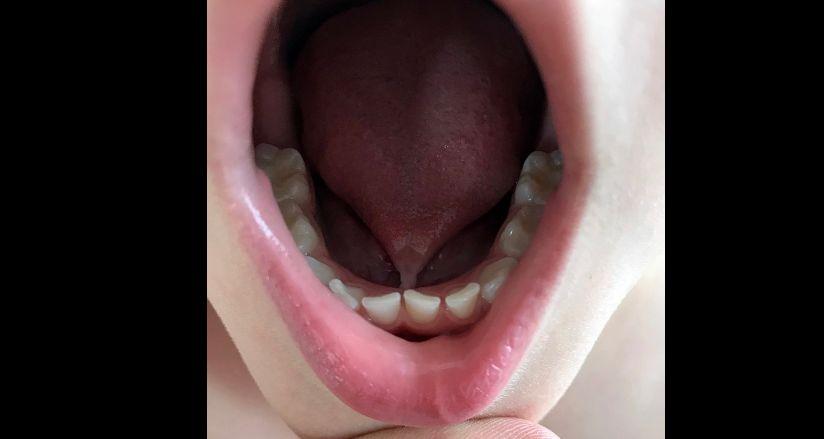A Texas boy who was thought to be nonverbal can now speak after a dentist discovered that he was tongue-tied.
Mason Motz, 6, was born with a rare genetic condition known as Sotos syndrome, which includes a distinctive facial appearance, growing too much in childhood, delayed development, and other impairments.





